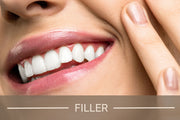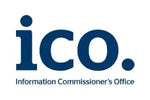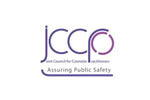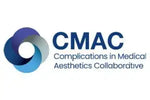What Medications Can’t Be Taken With Botox?
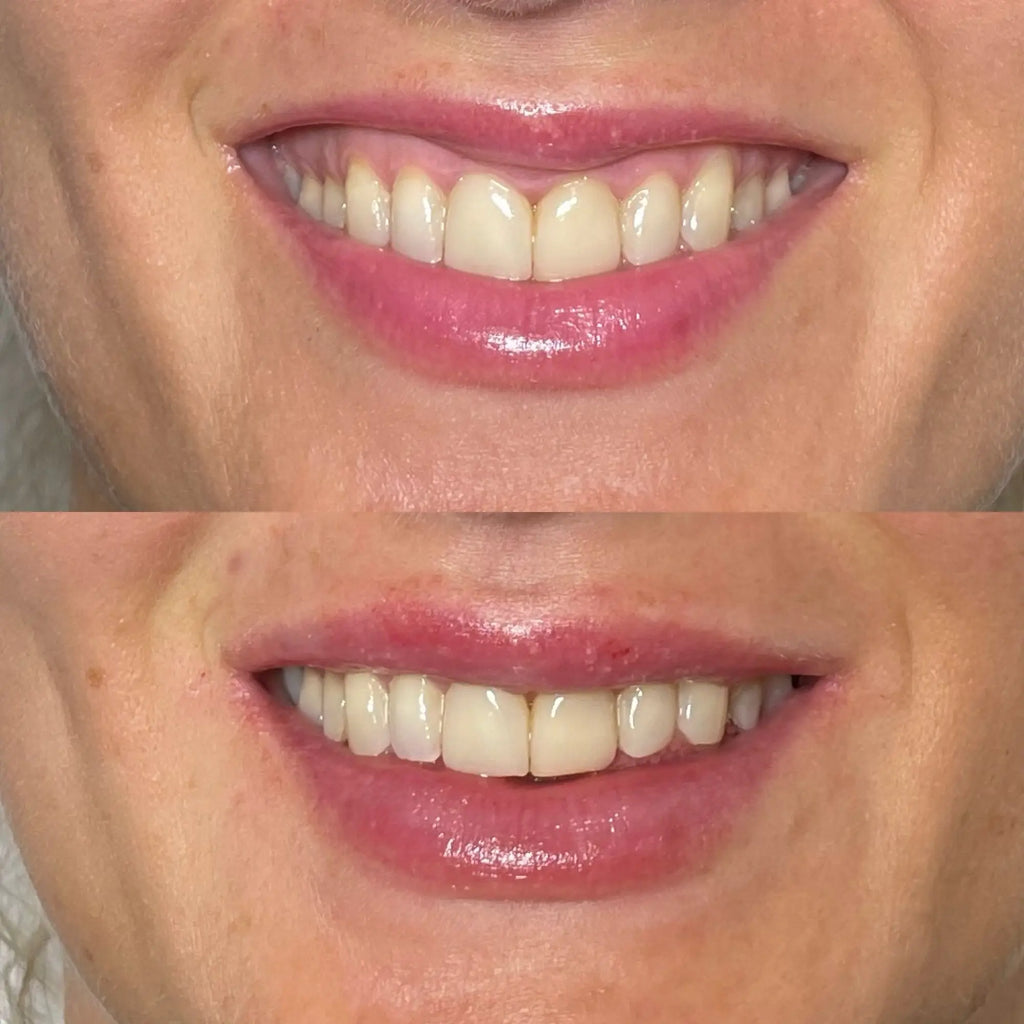
Content Verification

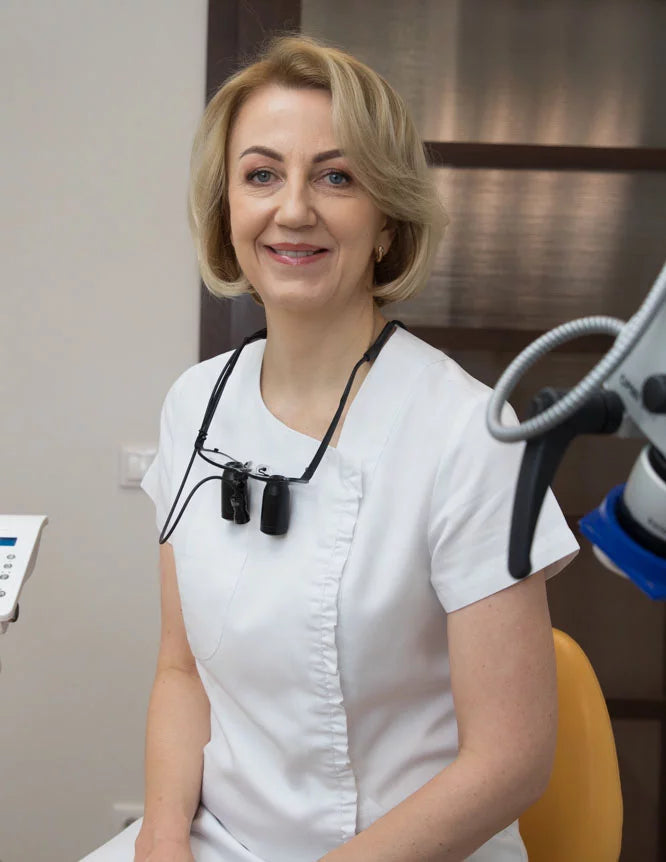

Article Summary 📚
Here’s the quick lowdown on the article! Get ready to learn in bite-sized pieces:
- 💉 Botox and lip fillers: what you need to know before treatment.
- 🚫 Medications that can interfere with Botox: don’t take these!
- 💡 Expert tips on how to prepare for Botox injections.
For more details, dive into the full article and get the full picture!
Key Advice & Tips From Our Experts 💬
- 💊 Always consult your doctor about any medications before treatment.
- 🧴 Avoid using certain skincare products prior to your session.
- ⏳ Plan your Botox appointment when you have time to relax post-treatment.
- 🤐 Don’t be afraid to ask questions – we’re here to help!
Stay informed and take care of your skin like a pro! 💖
Botox treatments have become one of the most popular non-surgical solutions for reducing the appearance of wrinkles and signs of ageing. With its ability to smooth out fine lines and restore a youthful appearance, Botox Anti-Wrinkle Injections have gained widespread attention for their effectiveness and minimal downtime. As a result, more people are turning to Botox for both cosmetic enhancement and preventative anti-ageing treatments.
However, like any medical procedure, Botox injections require proper preparation to ensure optimal results and minimise risks. Understanding what medications to avoid before undergoing Botox is an essential part of this preparation. Certain medications can interfere with the procedure, leading to complications such as bruising, swelling, or reduced effectiveness.
To ensure a safe and successful Botox experience, it's important to consult with a qualified practitioner and follow the necessary steps before your appointment. For a comprehensive guide on how to properly prepare for Botox Injections, including what to avoid, refer to our parent article on "Botox Injections Preparation".
Why Medication Matters Before Botox Injections
Before undergoing Botox treatments, it's crucial to understand how certain medications can impact the procedure’s effectiveness and safety. Botox Injections work by temporarily relaxing the muscles that cause wrinkles, which helps to smooth the skin and reduce the visible signs of ageing. However, certain medications can interfere with Botox’s ability to work effectively or increase the risk of complications, such as bruising, swelling, or a less-than-ideal outcome.
For example, medications that affect blood flow, such as blood thinners, can increase the likelihood of bruising and bleeding at the injection site. Additionally, anti-inflammatory drugs can disrupt the healing process, leading to prolonged swelling or discomfort. In some cases, medications can also alter the way Botox is metabolised in the body, which may reduce its effectiveness.
Consulting with professionals at trusted clinics like It's Me & You Clinic is essential before starting any Botox treatment. They will review your medical history, including your current medications, to ensure that you are fully prepared for a safe and effective Botox experience. Proper preparation not only reduces risks but also helps to achieve the best possible results from your Anti-Wrinkle Treatments.
Key Medications to Avoid Before Botox
Certain medications can interfere with Botox treatments, either by affecting blood clotting, muscle function, or the body’s response to the injections. Below are the key types of medications you should avoid before undergoing Botox Injections.
Blood Thinners (Anticoagulants)
Blood thinners are medications that reduce the blood's ability to clot, making them essential for patients at risk of blood clots. Common examples include warfarin, aspirin, and clopidogrel. While they serve an important purpose for heart conditions or preventing stroke, these medications can significantly increase the risk of bruising and bleeding at the injection site when used before Botox.
Dr. Laura Geige, Medical Director and Senior Practitioner at It's Me & You Clinic, explains, “Blood thinners can complicate Botox treatments by causing excessive bruising and swelling. It's essential to stop taking these medications before your Botox appointment to avoid these issues.”
Patients who need to take blood thinners for medical reasons should always consult with their doctor before stopping these medications. Your practitioner may recommend adjusting the treatment or using smaller doses of Botox to minimise the risks.
Anti-inflammatory Drugs (NSAIDs)
Non-steroidal anti-inflammatory drugs (NSAIDs), such as ibuprofen (Advil, Motrin) and naproxen (Aleve), are commonly used to treat pain and inflammation. These medications can interfere with Botox treatments by increasing the likelihood of swelling, bruising, and discomfort after the procedure.
Dr. Giedre Narkiene, dermatologist at It's Me & You Clinic, notes, “NSAIDs can disrupt the natural healing process, leading to prolonged swelling or discomfort. It's important to avoid these drugs for at least five to seven days before your Botox session to ensure the best results and reduce complications.”
To minimise risks, it's advisable to stop taking NSAIDs a week before your Botox appointment. Always follow the advice of your practitioner if you're uncertain about whether your medication falls into this category.
Muscle Relaxants and Certain Antibiotics
Muscle relaxants, often prescribed for conditions like back pain or muscle spasms, and some antibiotics can interfere with Botox's effectiveness. These medications may alter muscle function or reduce the body’s response to the injections. For example, muscle relaxants could affect the targeted muscles' ability to respond to Botox, making the treatment less effective.
While antibiotics typically don't interfere with Botox directly, some, such as aminogly cosides, may affect nerve-muscle interactions, leading to complications with Botox's action.
If you're prescribed muscle relaxants or antibiotics, it’s crucial to inform your Botox provider beforehand. Adjustments to the treatment plan may be necessary to ensure safety and optimal results.
Herbal Supplements and Remedies
Many people use herbal supplements and natural remedies, but they can also affect the results of Botox. Common supplements like fish oil, vitamin E, garlic, and St. John’s Wortare known for their blood-thinning properties. These supplements can increase the risk of bruising and bleeding, much like prescription blood thinners.
Dr. Rimas Geiga, Medical Doctor and Clinic Nutritionist at It's Me & You Clinic, advises, “It’s important to disclose all supplements you’re taking to your Botox provider, as they may unknowingly affect blood clotting and impact the treatment outcome.”
Even though these products are available over-the-counter, they can still pose a risk if taken before Botox. Always consult your provider to ensure you're not taking anything that could interfere with your Botox treatment.
When to Stop Taking Medications before Botox
Knowing when to stop certain medications before your Botox treatment is essential for minimising risks and ensuring the best possible results. The timing of discontinuing specific medications varies depending on the type of drug and its effect on the body.
General Guidelines: Discontinue Blood Thinners 5-7 Days before Botox
For most patients, it is advised to stop taking blood thinners, such as warfarin, aspirin, or clopidogrel, at least 5 to 7 days before your Botox appointment. These medications thin the blood, increasing the risk of bruising, bleeding, and swelling at the injection site. By halting their use in advance, you allow your body time to return to its normal clotting capacity, reducing the chances of complications during and after the procedure.
Specific Instructions for Patients on Critical Medications
If you are taking critical medications, such as those prescribed for heart disease, high blood pressure, or other chronic conditions, it’s essential to consult with your doctor before making any changes to your medication regimen. Medications that manage these conditions may be crucial to your health, and stopping them could lead to adverse effects.
Dr. Ryan Peterson, a compassionate and highly experienced physician, advises, “For patients on medications essential for heart disease, blood pressure, or other serious conditions, it's crucial to consult your doctor before discontinuing them. Your healthcare provider may adjust your treatment plan to ensure both your health and Botox treatment proceed safely.”
In these cases, your doctor may recommend alternatives or suggest a modified Botox treatment plan to accommodate your medical needs while reducing risks.
Alternatives and Solutions for Patients on Critical Medications
For patients who cannot stop essential medications, such as blood thinners or medications for heart conditions, there are still options to safely proceed with Botox treatments. While discontinuing these medications is typically recommended to minimise risks, there are alternative strategies that can be employed to reduce complications and achieve the desired results.
Smaller Amounts or Alternative Injection Sites
One approach is to adjust the Botox treatment itself. For patients who need to stay on blood thinners or other critical medications, a Botox practitioner may recommend using smaller amounts of the injection or targeting alternative injection sites that are less likely to bruise or swell. This personalised approach can help minimise the risk of bruising or bleeding while still allowing patients to benefit from Botox's anti-wrinkle and anti-ageing effects.
By making small adjustments to the dosage or the areas being treated, your practitioner can ensure that the procedure remains safe without compromising on its effectiveness. This method is particularly useful for those on medications that cannot be stopped, as it tailors the treatment to the individual’s needs.
Consult Your Botox Practitioner for a Personalised Approach
The most important step for patients on critical medications is to have an in-depth consultation with a skilled Botox practitioner. At It's Me & You Clinic, experts will assess your medical history and current medication regimen to determine the best approach. They will discuss your options and ensure that all precautions are taken to minimise risks, providing a treatment plan tailored to your specific needs.
Dr.Geige emphasises, “For patients on critical medications, it’s essential to customise the Botox treatment to minimise complications. With careful planning and expert knowledge, we can ensure that Botox remains safe and effective, even for those who need to continue taking important medications.”
Can I Resume My Medications After Botox?
Once your Botox treatment is complete, you may be eager to resume your usual medications. In most cases, it is safe to restart your regular medications after a day or two following your Botox injections. However, the timing can vary based on the type of medication, your individual health status, and the advice of your healthcare provider.
General Advice: Resuming Medications
For most patients, taking medications such as blood thinners, anti-inflammatory drugs, or muscle relaxants can typically resume after 24 to 48 hours post-Botox. This is generally when any initial swelling or bruising has begun to subside, and the risk of complications is lower. However, it's crucial to wait for your healthcare provider’s approval before resuming these medications to ensure the safest recovery.
In certain cases, if your medication is critical for your health, your practitioner might advise a more tailored approach, such as continuing with smaller doses or making adjustments to the timing of when you take them.
Importance of Following Healthcare Provider's Guidance
Following the advice of your healthcare provider is essential to ensure that the Botox results are not compromised and that you do not risk any unwanted side effects or complications. While it may be tempting to restart your medications immediately, doing so prematurely can interfere with the Botox's effectiveness or prolong any swelling or bruising.
Always consult your Botox provider before resuming medications, especially if you are taking blood thinners, anti-inflammatory drugs, or other critical medications. By working closely with your healthcare team, you can ensure a smooth and successful recovery after Botox, achieving optimal results while maintaining your overall health.
Why It's Essential to Be Transparent with Your Botox Provider
When considering Botox treatments, one of the most important steps is ensuring open and honest communication with your Botox provider. Your medical history and current medications play a crucial role in determining the safety and effectiveness of Botox injections. By being transparent about your health and the medications you are taking, you allow your practitioner to tailor the treatment to your individual needs, minimising the risk of complications and achieving the best possible outcome.
The Importance of Discussing Medical History and Medications
Before undergoing Botox treatments, it's essential to provide your practitioner with a complete list of all medications, supplements, and herbal remedies you are taking. This includes prescription medications, over-the-counter drugs, and even vitamins or natural products like fish oil or St. John’s Wort, which may have an impact on blood clotting and healing. Failing to disclose this information could lead to unexpected complications, such as bruising, swelling, or an altered response to Botox.
An experienced Botox provider will take this information into account to adjust the treatment plan, ensuring that the procedure is as safe and effective as possible. By discussing your health openly, your practitioner can anticipate any potential challenges and take the necessary precautions to minimise risks.
Ensuring the Best Botox Experience
Dr. Boyer stresses the critical role of consultation before any Anti-Wrinkle Treatment. He explains, “A thorough consultation is the foundation of a successful Botox treatment. Knowing a patient’s medical history and current medications allows us to adjust our approach and ensure a safer, more effective procedure. Being open and transparent helps us provide the best care and avoid complications that could affect the aesthetic outcome.”
By taking the time to communicate openly with your Botox provider, you ensure that the treatment is tailored to your needs and carried out in the safest manner possible. This approach not only reduces risks but also enhances the overall experience, providing the best results from your Botox Anti-Ageing Treatments.
The Bottom Line
In preparation for Botox treatments, it’s crucial to avoid certain medications, including blood thinners, NSAIDs, muscle relaxants, and certain herbal supplements, to minimise the risk of bruising and complications. Proper consultation with your Botox provider is essential to ensure a safe and effective treatment. For the best experience, always be transparent about your medical history and current medications. To receive personalised advice and expert care, schedule a consultation at It's Me & You Clinic today for safe, effective Botox treatments tailored to your needs.
